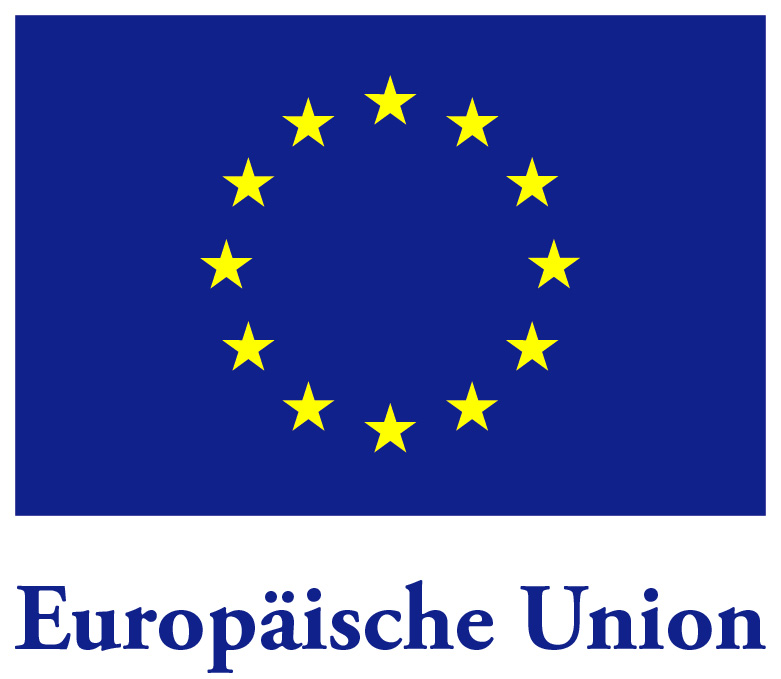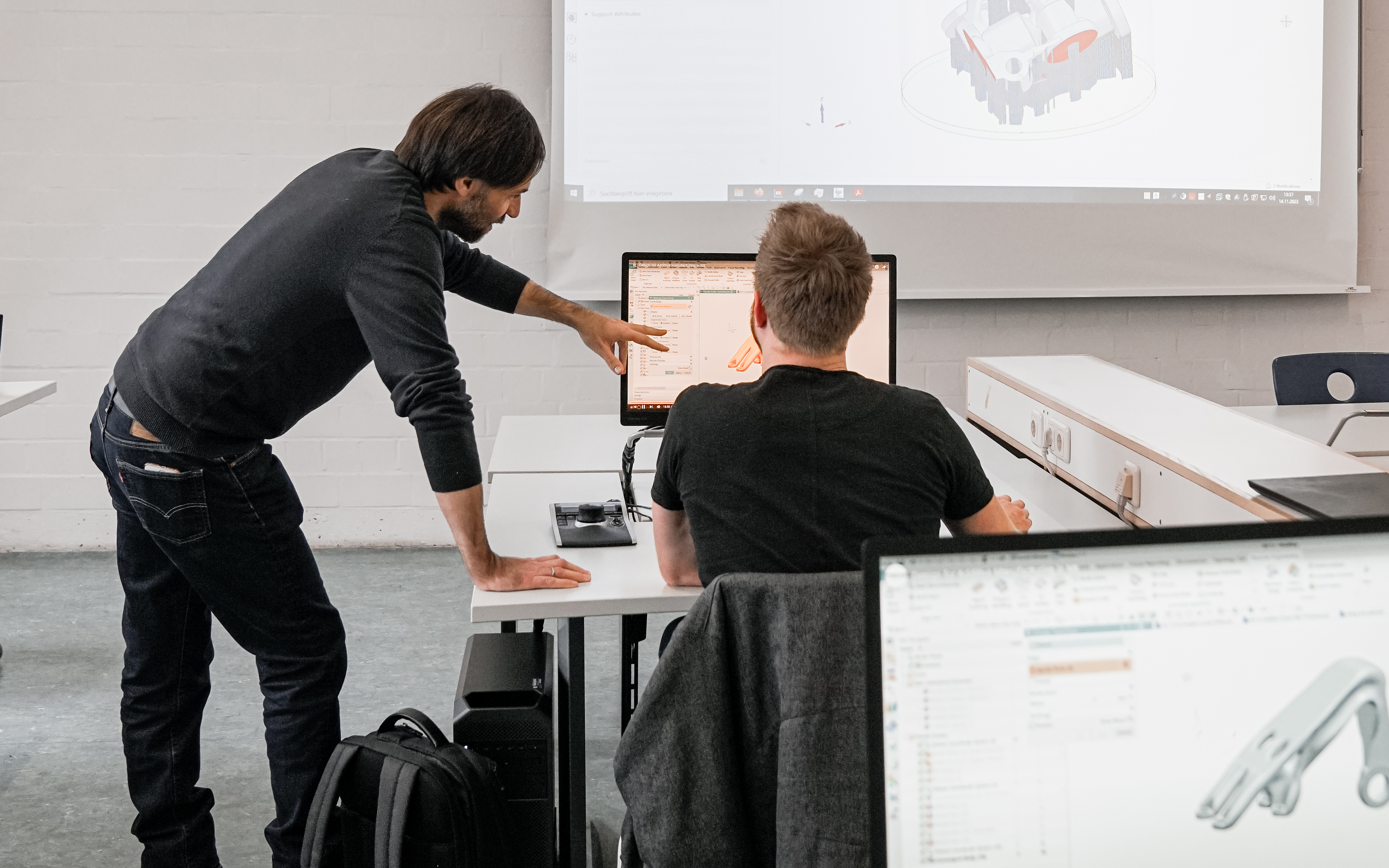Additive manufacturing 4.0 - Consistent and digital additive manufacturing
Additive manufacturing processes offer great potential for the design of complex components. The aim of the project is to overcome inhibitions and lack of basic knowledge in the field of digitalization and additive manufacturing are to be reduced.
Project background
The additive manufacturing processes, also known colloquially as "3D printing", enable the production of highly complex and integrative components thanks to the integrative components. The high potential of additive manufacturing processes thus enables a reduction in resources and a reduction in component costs, which in turn ensures global competitiveness for the futuresecures.
Considering the current applications and implementations of additive manufacturing technology in the industrial environment, it can be stated that there has been a significant increase in the number of components realized, but the full potential is not really being exploited. For the majority of all components a so-called "CAD-to-print" application is used.
This means feedback to the design through process or monitoring data usually does not take place although additive manufacturing technology is always referred to as a "digital manufacturing process" or in the context of "Industry 4.0". This means the inclusion of current or already existing process or production data components could be designed much more efficiently and quickly. Order and process sequences can also be optimized in terms of downtime and maintenance costs.
This is where two very exciting topics, "additive manufacturing processes" and "Industry 4.0", come together, but at the same time represent a mutual blockade. Why is that? Discussions with regional companies and technical experts have made it clear that a lack of knowledge or inhibitions regarding implementation are usually the decisive factors for many users.
Ultimately, this means that we are unable to further exploit the potential of additive manufacturing (and probably other processes too) in our company because we lack the (basic) knowledge of how to digitize manufacturing processes.
Project objective
The aim of the project is the development of a further training measure that supports the employees in the employees in the companies and to reduce or eliminate a lack of knowledge and and inhibitions through innovative training concepts. Thus the following objectives result for the project:
- Motivation of companies to digitize and transform manufacturing processes to reduce costs and secure jobs
- Transfer of current knowledge on the digitalization and transformation of manufacturing processes
- Providing knowledge on planning and implementing a digital additive manufacturing process chain
In order to check whether the educational objectives of the project have been successfully achieved within the framework of the respective training measure, appropriate learning checks are carried out during and at the end, which participants can use to test themselves. The final examination, which consists of a mix of practical and theoretical content, is the final measurement of the achievement of the educational objective.
Project procedure
The training will take place in three turns from February 2024 in a varied mix of online and face-to-face events. In order to reduce the inhibition threshold for participation , a combination of modern media will be used for self-study with face-to-face events in a laboratory environment.
The content of the further training is a linking additive manufacturing and the digitalization and transformation of manufacturing processes. The practical implementation and application of the theory takes place on the "Anti Stress Hand Spinner" demonstrator. This component will be used to learn how to use and apply digital tools and technologies. and applied. Finally, an optimized demonstrator will be available to each participant.Innovation
The idea behind this innovative approach is the application of the transformation of manufacturing processes to a new and future-oriented technology. This enables participants to expand their knowledge in the field of additive manufacturing processes and, on the other hand, the opportunity to the topics of digitalization and transformation of manufacturing processes already using a real-life example. This means that regardless of the technological basis (transformation of manufacturing processes or additive manufacturing) the participants come from, there will be a corresponding technology" takes place.
Another innovative aspect of this approach is that the manufacturing technology, such as woodworking technology, for example.
can be used. The modules and content are fully customizable. Further information can be found here!
Project lead
Project staff
stefan.boehm[at]th-rosenheim.de
T +49 (0) 8031 / 805 - 2828 marie-theres.Frank[at]th-rosenheim.de
T +49 (0) 8031 / 805 - 2667 nicolas.rolinck[at]th-rosenheim.de
T +49 (0) 8031 / 805 - 2910 maria.winkler[at]th-rosenheim.de
andreas.sollinger[at]th-rosenheim.de
Project duration
2023-05-01 - 2025-04-30Project management agency
Project funding

Funding programme
ESF+
Weblinks
ESF BayernFinanziert von der Europäischen Union


